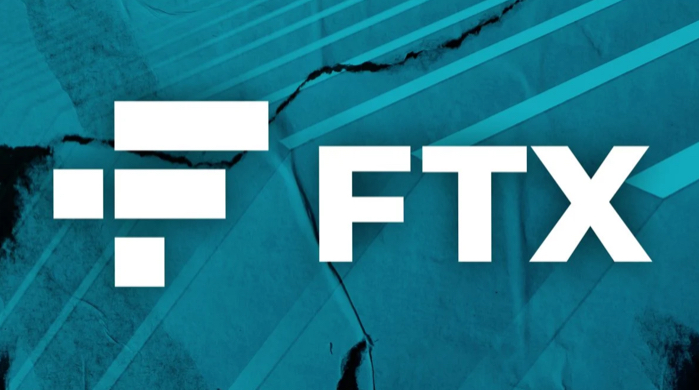A recent filing from the SEC warns the FTX estate that the agency might oppose any attempts to pay creditors back with stablecoins or other digital assets.
The agency, like the U.S. Trustee, also opposed to a discharge provision that would limit the future legal liabilities of the FTX debtors’ estate.
Throughout the FTX bankruptcy, many different avenues have been explored or proposed to maximize creditor recovery, from relaunching the FTX exchange in order to make money back for creditors to distributing claims as tokens in a new venture that can be traded.
Some decentralized marketplaces such as Found.xyz and Figure Markets even launched support for tokenized FTX claims trading this summer, in a move that one crypto CEO called “one of the most crypto things” he’s ever seen.
However, FTX, led by its CEO John Ray III and legal counsel Sullivan & Cromwell, shot down the idea of restarting the exchange, claiming no investors would put up the capital needed to spin the offshore exchange back up again. Though some creditors have called for in-kind distributions, i.e. repaying lost crypto in crypto rather than in cash as in the BlockFi and Genesis bankruptcies, FTX’s current plan is to pay creditors back in cash—or U.S. dollar pegged stablecoins.
Now, in a recent filing, the Securities and Exchange Commission has warned FTX that it reserves the right to challenge the legality of paying back claims or otherwise trying to make money from its stash of “crypto asset securities.” The SEC’s filing also notes that the plan fails to specify who would distribute the stablecoins, should that provision be approved.

